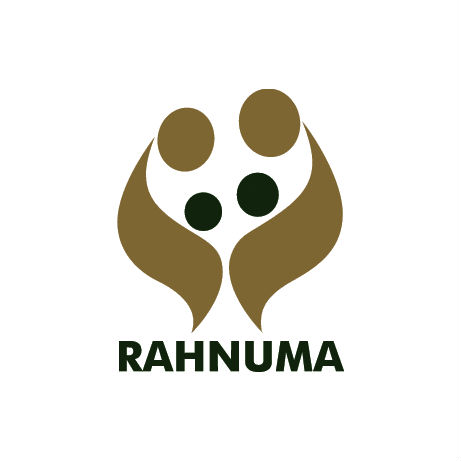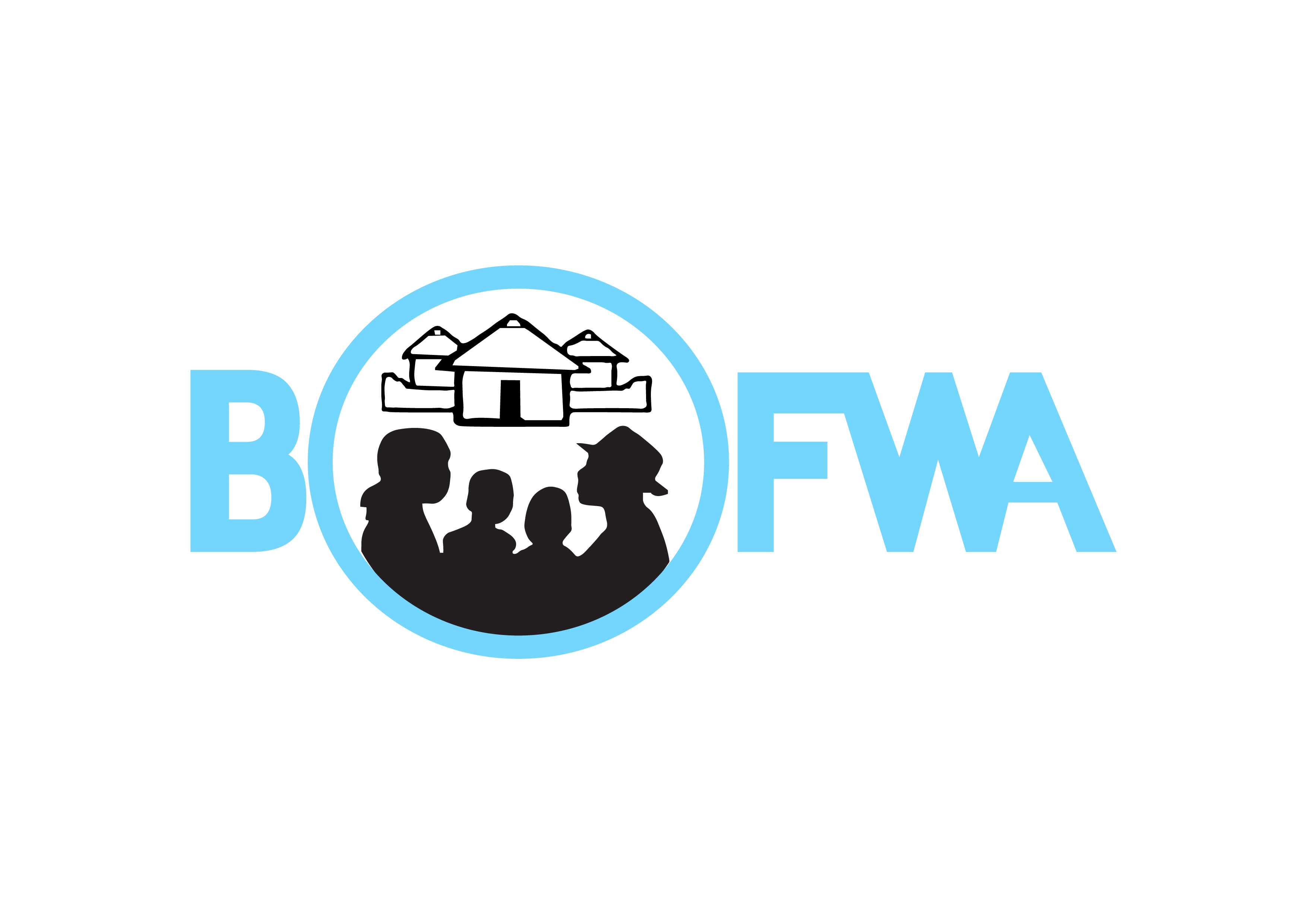

| 31 March 2016
Rahnuma-Family Planning Association of Pakistan
Rahnuma (formerly the Family Planning Association of Pakistan or FPAP) started serving poor and marginalized people in Pakistan as the Family Planning Association of Pakistan (FPAP) in 1953. After over 50 years of momentous achievements, the FPAP felt that its name did not fully reflect the scope of its work. It renamed itself ‘Rahnuma’, an Urdu word meaning 'one who shows the path and provides direction'. Rahnuma was one of the pioneers in providing family planning services and advocating for spacing of childbirth and for smaller families. The government later embraced the cause by establishing the Ministry of Population Welfare. In the space of a decade, Rahnuma grew from a single clinic, based in 1 room in Karachi, to a large-scale operation with an infrastructure of district branches offering model clinics and information and educational facilities. Today, the network operates nearly 5,000 service points, comprising 118 permanent clinics, 11 mobile units, 191 associated clinics and over 2,000 community-based distributors/services (CBDs/CBSs). It also handles referrals to over 2,143 private physicians. Rahnuma has developed innovative programmes to increase access to high-quality, affordable health services. It has advocated for a rights-based approach to sexual and reproductive health (SRH), for the empowerment of particular groups within communities (especially women and young girls), and for the strengthening of civil society in Pakistan. As the sexual and reproductive health and rights (SRHR) agenda has shifted over the years, Rahnuma has increasingly embraced SRHR in the context of national development and poverty alleviation, owing to the direct connection between socio-economic conditions and health and well-being. Contacts Website: http://www.fpapak.org Facebook: https://www.facebook.com/rahnuma.fpap.9 Twitter: https://twitter.com/Rahnuma_FPAP

| 31 March 2016
Botswana Family Welfare Association
In Botswana, HIV prevalence rates are among the highest in the world: over 33% of the total population is living with HIV and AIDS. There’s a severe shortage of skilled health personnel, and very limited resources in the national health system. Formed in 1988, the Botswana Family Welfare Association (BOFWA) is fighting hard to fill the gap, but the challenge is enormous. The organization’s programmes target young people, sex workers, orphans, people with hearing and speech problems, and internally displaced persons. It provides family planning, infertility management, maternity services, voluntary counselling and testing (VCT), antenatal care and the diagnosis and treatment of sexually transmitted infections (STIs) including HIV and AIDS. Most of BOFWA's clients are poor, marginalized, socially excluded and/or under-served. BOFWA uses a variety of different methods to reach poor and marginalized groups and communities, and works hard to develop acceptance of, and support for sexual and reproductive health services and programmes among community leaders, politicians and the police. BOFWA is proud of its achievements, but knows that there is an immense amount of work to be done. BOFWA aims to expand its services substantially in years to come. BOFWA works in close partnership with the National Council on Population and Development (NCPD, a government agency), with non-governmental organizations including Botswana Christian Aids Intervention (BOCAIT) and with private sector groups including the Botswana Confederation of Commerce, Barclays Bank of Botswana, and Barlow World. BOFWA also partners with the Botswana Network of People Living with HIV and AIDS, the Botswana National Youth Council and the Botswana Network of Ethics and Law for HIV and AIDS. Contacts Website: http://www.bofwa.org.bw/ Facebook: https://www.facebook.com/Botswana-Family-Welfare-Association-275893025804336/







